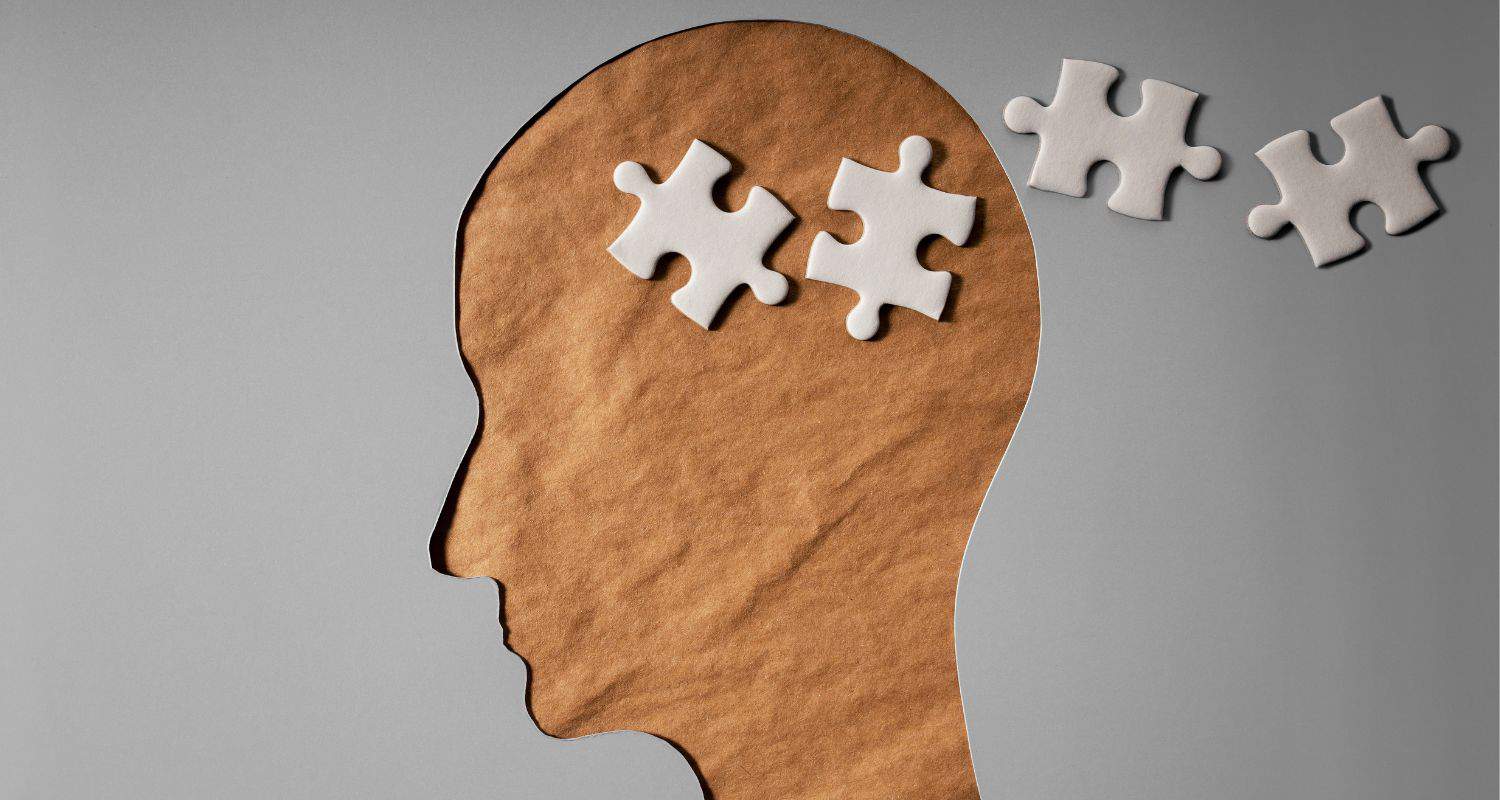
As we age it is normal for us to lose some cognitive function such as short-term memory. In fact, some experts say that cognitive decline can start as early as 45 years old but is most common by the age of 70. However, if you find that you are forgetting names, missing appointments, and feeling confused more and more often it could signal a more serious cognitive decline and the first signs of dementia. Dementia is a grouping of neurodegenerative disease which affects at least two or more aspects of cognitive function such as thinking, behavior, memory, and the ability to perform everyday activities. The World Health Organization (WHO) reports that someone is diagnosed with dementia every 3-4 seconds, equaling 7-9 million new dementia diagnoses worldwide annually! While understanding the risk is important, it is equally important to remember that while no one knows the exact reason dementia develops, researchers have identified lifestyle choices which can lower the risk. One of these is addressing hearing loss.
Modifiable Factors
In 2020 the Lancet Commission added three more factors to the existing nine established in 2017. This includes
- less education before 20 years of age
- hypertension
- obesity
- excessive alcohol consumption
- traumatic brain injury (TBI)
- smoking
- depression
- physical inactivity
- social isolation
- diabetes
- air pollution
- untreated hearing loss
Knowing the risks in your life gives you a chance to change behaviors now, especially if you are already at a higher risk of dementia due to other predispositions such as a family history which increases the odd of dementia by around 30 percent, or advanced age which doubles the risk for every year you age 70 and beyond. Hearing loss also becomes more prominent as we age. In fact, one in three people will have hearing loss 65 years old and beyond but within ten years this number jumps to one in two. Knowing that untreated hearing loss is a major risk for dementia means that it is important to be proactive about screening and addressing a hearing loss as soon as possible, before it becomes an issue which impacts your ability to hold on to memories, complete everyday tasks, and the loss of a general sense of self.
Managing Hearing Loss to Prevent Dementia
We know that hearing loss increases the risk of dementia, but why and how does it correlate? A study led by Dr. Frank Lin at Johns Hopkins University sought to solidify the connection to untreated hearing loss and dementia. The study included 639 adults over about 12 years and revealed that the severity of a hearing loss made a big impact on a patient’s risk of developing dementia. The study found that even a mild case of hearing loss doubled the risk, while a moderate case tripled the risk. For those in the study with severe hearing loss, a five-fold risk was established in the risk of dementia! The good news is that they established that treating hearing loss with hearing aids could lower the risk significantly.
Hearing Loss’ Effect on Cognitive Health
Researchers know that hearing loss and cognitive decline are connected however the brain is mysterious to us in how it works. Here are some theories as to the connection:
Cognitive overload: sensorineural hearing loss accounts for 90 percent of all cases and occurs when there is a disconnect between the ears and its ability to deliver sound to the brain. In the early stages of hearing loss this may mean that there are subtle sounds which we can hear in speech, causing the brain to strain to fill in the blanks. This can cause us to feel exhausted from even a mild social interaction and puts a larger strain on the brain.
Social isolation: We as humans are social creatures and when hearing loss impacts our ability to communicate, we may be more likely to avoid social situations. Loneliness is another major risk factor for people suffering from dementia as it also relates to lower cognitive stimulation, reduced physical activity, and depression—all factors which increase the risk of dementia.
Brain shrinkage: As the connection between sound and the brain is cut off, parts previously devoted to processing sounds are either redirected to other areas or are considered unneeded and brain tissue becomes depleted. This can cause our brains to atrophy—a major risk factor to brain health and dementia.
Treating your Hearing Loss to Lower the Risk of Dementia
Don’t let hearing loss affect the quality of your life. The sooner you address an issue, the sooner you can find relief. Take the first step and schedule a hearing exam with us today.
